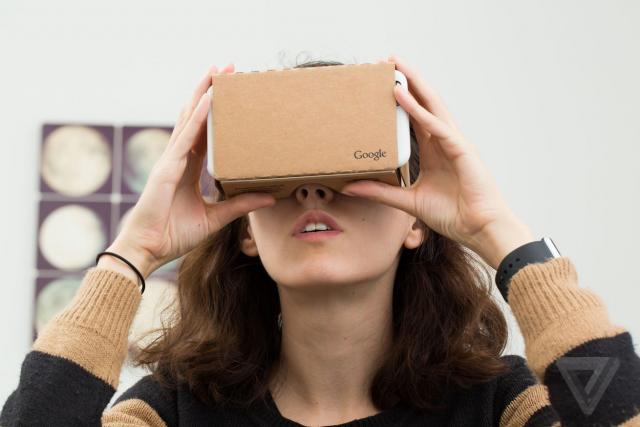YouTube is rolling out new analytics tools for 360-degree and VR video producers that will include a heat map of where users are actually looking while watching those clips. The heat maps, which will be available for videos that exceed 1,000 views, will clearly highlight “what parts of your video are catching a viewer’s attention and how long they’re looking at a specific part of the video.”
This is YouTube’s latest attempt to help content creators learn how to best utilize the format and produce immersive experiences. Viewers have multiple ways of watching 360-degree video: you can do so using a VR headset, swiping around in the YouTube smartphone app, or by just rotating a 360-degree video in your desktop web browser.
To go along with its improved analytics, YouTube is also sharing some general tips on 360-degree video, which might also be of interest to people like you and I who just mess around with the cameras and gadgets capable of recording everything around us. First among them is to focus on the initial, front-facing view. YouTube’s research has shown that people spent 75 percent of their time “in the front 90 degrees of a video.” If you do want people to explore the entire space, presenting a scene that’s engaging from multiple angles is important. And YouTube encourages creators to use animations and markers to direct someone’s focus in a 360-degree video to make sure they’re looking in the right direction at key moments.
It would be interesting if YouTube were to give users a way of seeing the popular sections of a video — similar to the way that Facebook Live highlights the popular / most-engaged moments of live video streams. But for the moment, these heat maps are only for producers so that they can make better videos that don’t require extra assistance getting you to look at the right thing.
YouTube has also started taking applications for its VR Creator Lab in Los Angeles. According to TechCrunch, those selected will take part in a 3-month program and receive up to $40,000 to help develop their VR video production skills.
Courtesy Newsrep








